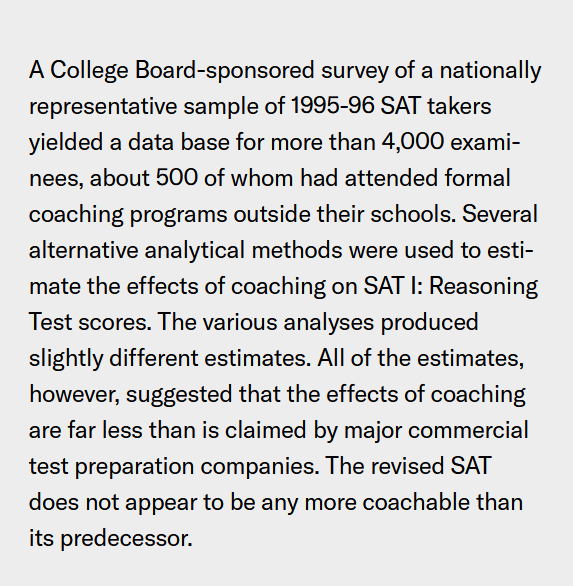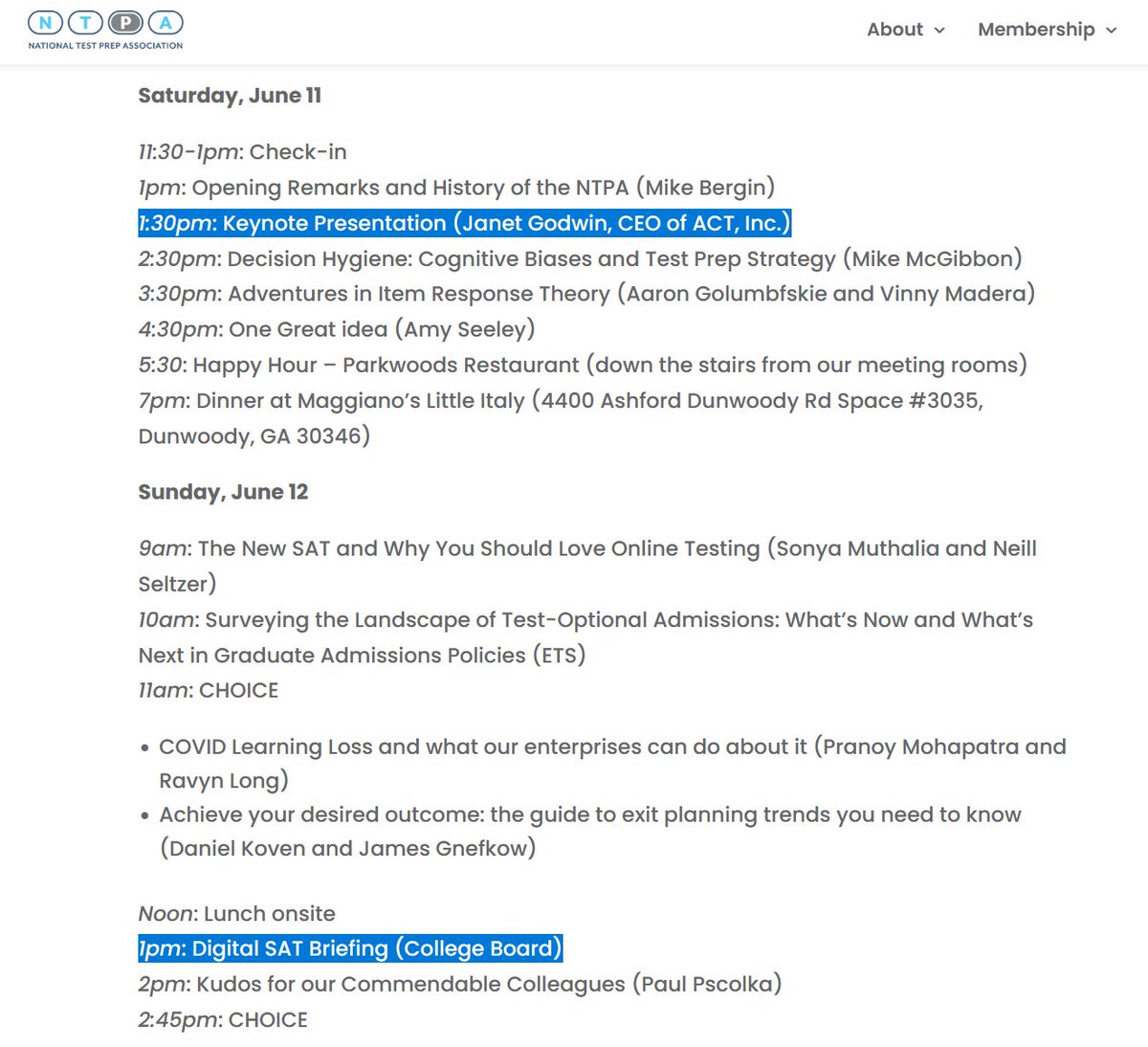
Thread: Will colleges go back to the SAT? Yes. So let's look at how important California is to their enrollment.
I looked at 2018 IPEDS data (the last pre-COVID year for which data was available at every institution) to see how important the state is to them
I looked at 2018 IPEDS data (the last pre-COVID year for which data was available at every institution) to see how important the state is to them
California is first in everything, when you count numbers, because of its size. So of course it's the largest exporter of students in the nation (but not highest on percentage exported).
In 2018, California kept 87% of its students in-state. 13% or 38,000, left.
In 2018, California kept 87% of its students in-state. 13% or 38,000, left.
Of those who stayed, 128,000 went to community colleges. 117,000 went to public, four-year institutions.
With the SAT almost irrelevant at public institutions in California, it's going to be harder to take the test.
With the SAT almost irrelevant at public institutions in California, it's going to be harder to take the test.
It won't be impossible, of course, and given that students who cross state lines to go to college are generally more affluent, it might not even be inconvenient. But it's an additional step that might not be seen as necessary.
So, all the public universities on the west coast are either test free or test optional, and here at OSU, only about 10% of students asked to have scores considered last year. If other colleges go back to the SAT, it's their decision.
I don't care, except as an observer.
I don't care, except as an observer.
So last night I looked at that 2018 data, and found some interesting stuff: Non-California Colleges with at least 7.5% of first-year students from California (the test-free state) and the rank of California as 1, 2, or 3 in their class.
There are about 81, if you only consider brand name privates, public flagships, and public land grant institutions, shown below. There are 139 if you consider them all.
The data are here. Orange bars show California as the #1 feeder (even more than the home state); aqua is #2, and yellow shows California as #3: public.tableau.com/views/Importan… 

So it will be interesting to see how many, and which ones, return to the SAT. This quote from Jeremiah Quinlan at Yale has stuck with me: thisamericanlife.org/734/transcript 

Again, by the time this all shakes out, I'll be at or close to retirement, and my institution is permanently test optional, so it's mostly curiosity at this point.
Watch along and see what happens.
Watch along and see what happens.
Oh, and #EMTalk
• • •
Missing some Tweet in this thread? You can try to
force a refresh











